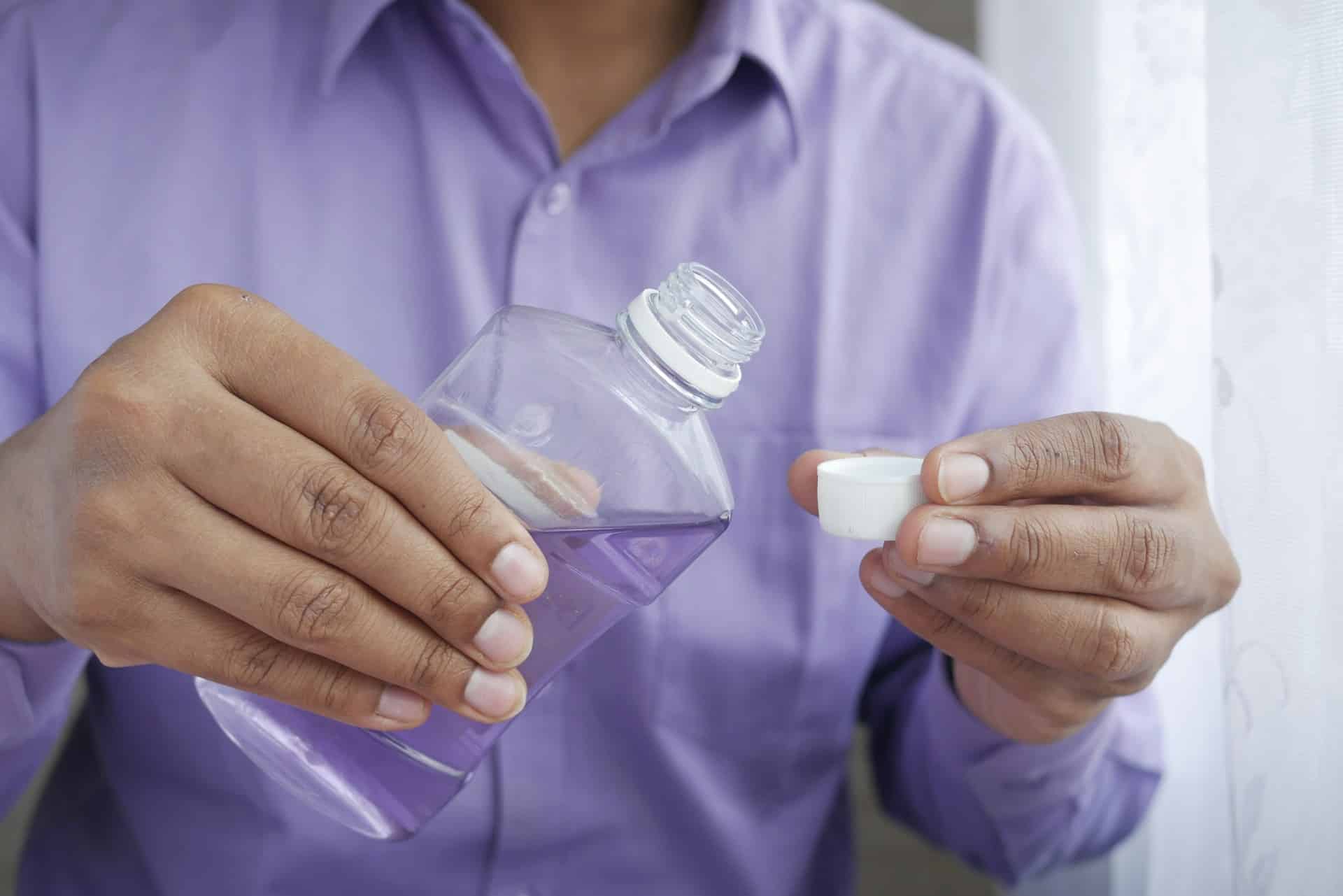
29 Sep Should You Be Using Mouthwash? Pros, Cons, and Natural Alternatives
Wondering if you should make rinsing with mouthwash a daily habit? When it comes to keeping your breath fresh and your smile bright, a bottle of mouthwash is the go-to solution for many people. But is it the best option for your oral health? Let’s compare the benefits and potential downsides of using mouthwash, and explore some natural alternatives.
The Pros of Using Mouthwash
In addition to daily brushing and flossing, mouthwash can help you maintain good oral health when used correctly. Some of the potential benefits of mouthwash include:
- Fresher Breath—Antimicrobial mouthwashes may temporarily reduce odor-causing bacteria.
- Plaque Reduction—Certain formulas help reduce plaque buildup when used alongside brushing and flossing.
- Cavity Prevention—Fluoride-based rinses can strengthen enamel and reduce cavity risk in some patients.
- Convenience—A quick rinse can feel refreshing, especially after meals or at times when brushing isn’t an option.
The Cons of Using Mouthwash
While mouthwash has its advantages, it isn’t always the perfect solution. In some cases, it can even do more harm than good. The potential drawbacks of mouthwash include:
- Overkill—Many commercial mouthwashes kill both good and bad bacteria, which can upset the natural balance in your body.
- Dry Mouth—Some mouth rinses contain high levels of alcohol, which can make the mouth and gums dry and irritated.
- Doesn’t Fix the Problem—Mouthwash will freshen your breath temporarily, but it won’t treat the cause.
- Potential Side Effects—Ingredients like chlorhexidine or strong antiseptics can stain your teeth, alter your sense of taste, or increase tooth sensitivity.
Five Natural Alternatives to Mouthwash
If you’re seeking a gentler, holistic alternative to commercial mouthwash formulas, you’re in luck. There are plenty of natural ways to support good oral health—and get fresher breath— without disrupting your body’s natural balance.
1. Saltwater Rinse
A warm saltwater rinse is one of the oldest and most reliable natural remedies. It reduces inflammation, helps heal minor sores, and creates an unfriendly environment for harmful bacteria. Simply stir half a teaspoon of natural sea salt or Himalayan pink salt into 8 ounces of warm water. Take a sip, swish for 30 seconds, spit, gargle, and repeat.
2. Herbal Rinses
Herbs like sage, peppermint, clove, and thyme have natural antibacterial properties. You can steep them into a tea and use it as a rinse, or add a drop of food-grade essential oil (such as tea tree or peppermint oil) to a glass of water. These herbal rinses not only freshen breath but also provide antimicrobial action without the harsh chemicals.
3. Aloe Vera Juice
Aloe vera has antibacterial properties and a soothing effect that make it an ideal remedy for people with sensitivity or gum disease. Swishing with food-grade aloe vera juice diluted with water can help calm inflammation, reduce bacteria, and help combat dry mouth by promoting moisture.
4. Oil Pulling
This Ayurvedic practice involves swishing coconut oil, sesame oil, or sunflower oil in the mouth for 10-20 minutes. Oil pulling may help reduce harmful bacteria, whiten teeth naturally, and improve gum health. Coconut oil in particular contains lauric acid, which has antimicrobial benefits.
5. Green Tea
Green tea is packed with antioxidants and polyphenols that support gum health and reduce bacterial activity. Simply brew a cup of unsweetened green tea, let it cool, and use it as a refreshing rinse. Studies have even shown that green tea can help reduce the risk of gum disease.
Schedule a Holistic Dental Appointment in Prescott
No matter what type of mouthwash you use or how good your brushing and flossing habits are, you still need to see a dentist at least twice a year. If you’re due for a checkup, please don’t hesitate to schedule an appointment with Prescott Dentistry. We’ll help you find the safest, most effective dental products for your oral health and help you keep your smile bright and shiny.
Images used under creative commons license – commercial use (9/29/2025). Photo by Towfiqu barbhuiya on Unsplash



